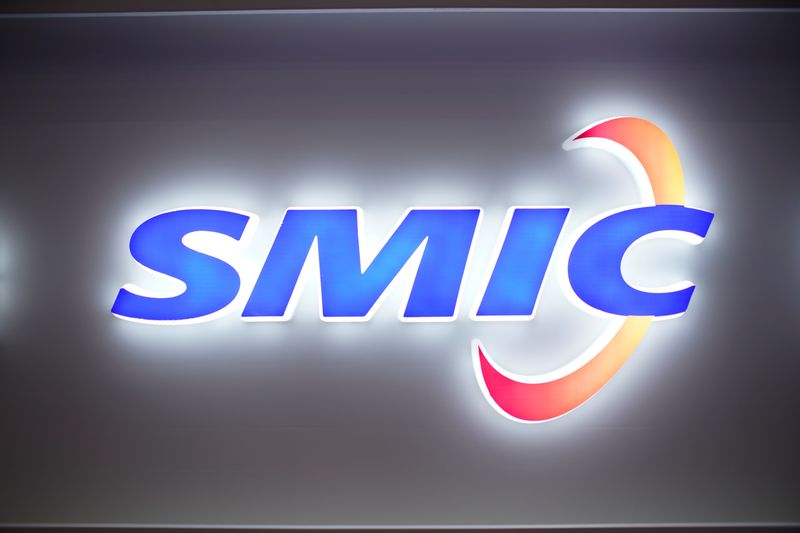By Andrew Galbraith
SHANGHAI (Reuters) - S&P Dow Jones Indices on Thursday became the second major index provider to remove some Chinese companies from its index products following a Trump administration executive order, in the latest market disruption from persistent Sino-U.S. tensions.
Outgoing U.S. President Donald Trump's executive order, unveiled in November, is designed to deter U.S. investment firms, pension funds and others from buying shares of Chinese companies designated by the U.S. Defense Department as backed by the Chinese military.
S&P DJI said it would remove mainland-listed A-shares, Hong Kong-listed H-shares and American Depositary Receipts (ADRs) of 10 companies including Hangzhou Hikvision Digital Technology Co Ltd and Semiconductor Manufacturing International Corp (SMIC) from all equity indexes prior to the market open on Dec. 21.
The company said it will also remove securities issued by 18 Chinese companies from its fixed income indices before Jan. 1.
"The order ... may impact the ability of market participants to replicate S&P DJI Equity and Fixed Income Indices containing securities affected by the order," S&P DJI said in a statement.
A spokeswoman for Hikvision called the order's decision to pursue the firm "groundless."
"We strongly protested when Hikvision was included on this list in June because, as we have shown time and again, Hikvision is not a 'Chinese military company'," she said.
SMIC did not immediately respond to a request for comment.
FTSE Russell said last week that it would remove eight Chinese firms from its products to comply with the U.S. executive order, which bars U.S. investors from buying securities of blacklisted firms starting in November 2021.
The index providers' moves to comply with the U.S order effectively shut passive investors out of the stocks and bonds affected and could challenge investors' assumptions that a Joe Biden administration will mean a warmer relationship with China.
"It's significant and even more importantly it's not necessarily going to be unwound by the Biden administration," said Kay Van Petersen, global macro strategist at Saxo Capital Markets in Singapore.
"There are more ripples from it and it raises possible questions: What about Alibaba (NYSE:BABA), which is listed in the U.S. ... What if it was the other way around? How would people like those apples? And no-one's talking about that yet."
President-elect Biden has said he will not immediately cancel existing tariffs set by the Trump administration against China, and legislation taking a hard line on Chinese business and trade practices tends to have broad bipartisan support in Washington.
Last week, the U.S. House of Representatives unanimously passed a law to kick Chinese companies off U.S. stock exchanges if they do not fully comply with the country's auditing rules.
Kiyoshi Ishigane, chief fund manager at Mitsubishi UFJ (NYSE:MUFG) Kokusai Asset Management in Tokyo, said that funds following the S&P indices "will have to sell".
"This goes beyond the routine annual changes to names on the index," said Ishigane.
"Once the passive funds start selling, the active funds will be inclined to do the same."
China is firmly opposed to the removal of Chinese firms from indexes due to the U.S. executive order, foreign ministry spokeswoman Hua Chunying said.
"This is yet another example of how the United States uses the power of the state to oppress Chinese companies," she told a daily briefing on Thursday.
"We believe these endless lies and this suppression of Chinese firms will eventually work against U.S. interests," she said.
Hikvision shares in Shenzhen shrugged off the index announcement to close 2.95% higher on Thursday. SMIC's Shanghai shares closed up 1.08% and its Hong Kong shares ended flat on the day.
"Although foreign ownership in A-shares is rising, it remains relatively small, accounting for 4-5% in total," said Max Luo, director of asset allocation at UBS Asset Management in Shanghai.
"We're watching these developments closely, but we don't think these events will trigger major concern or panic in Chinese markets."
